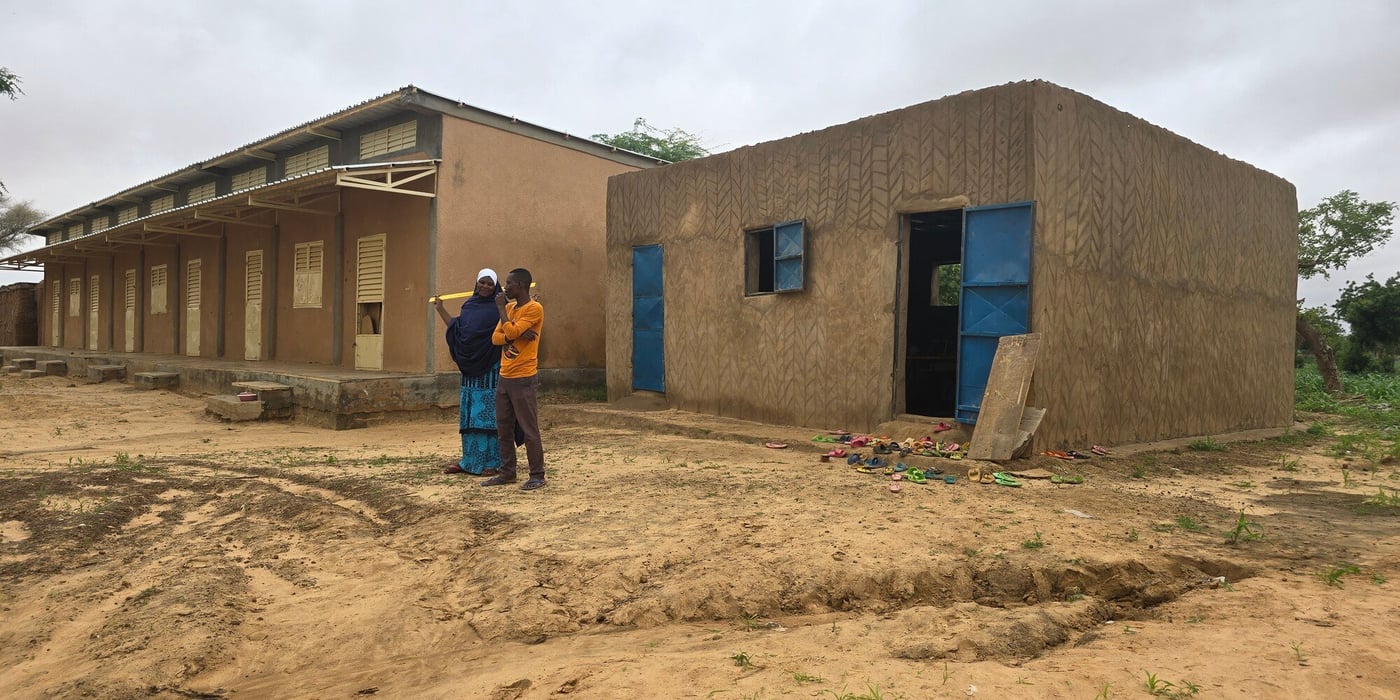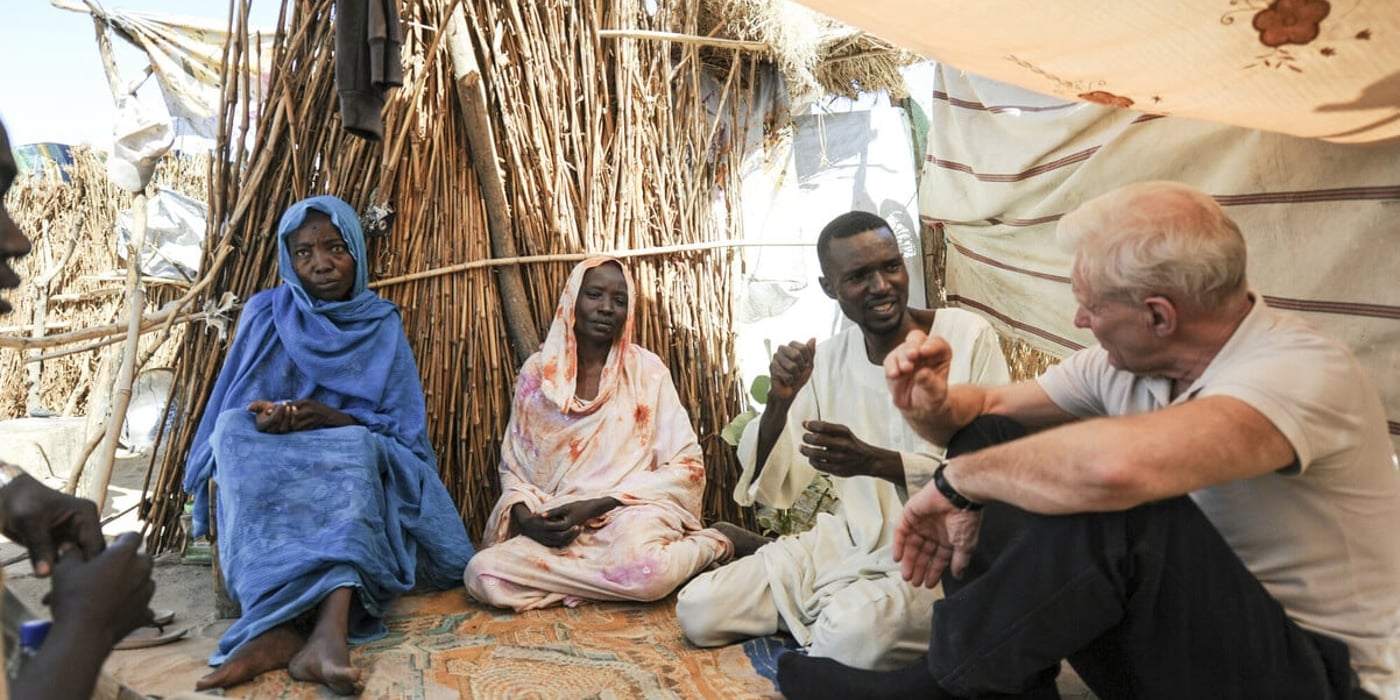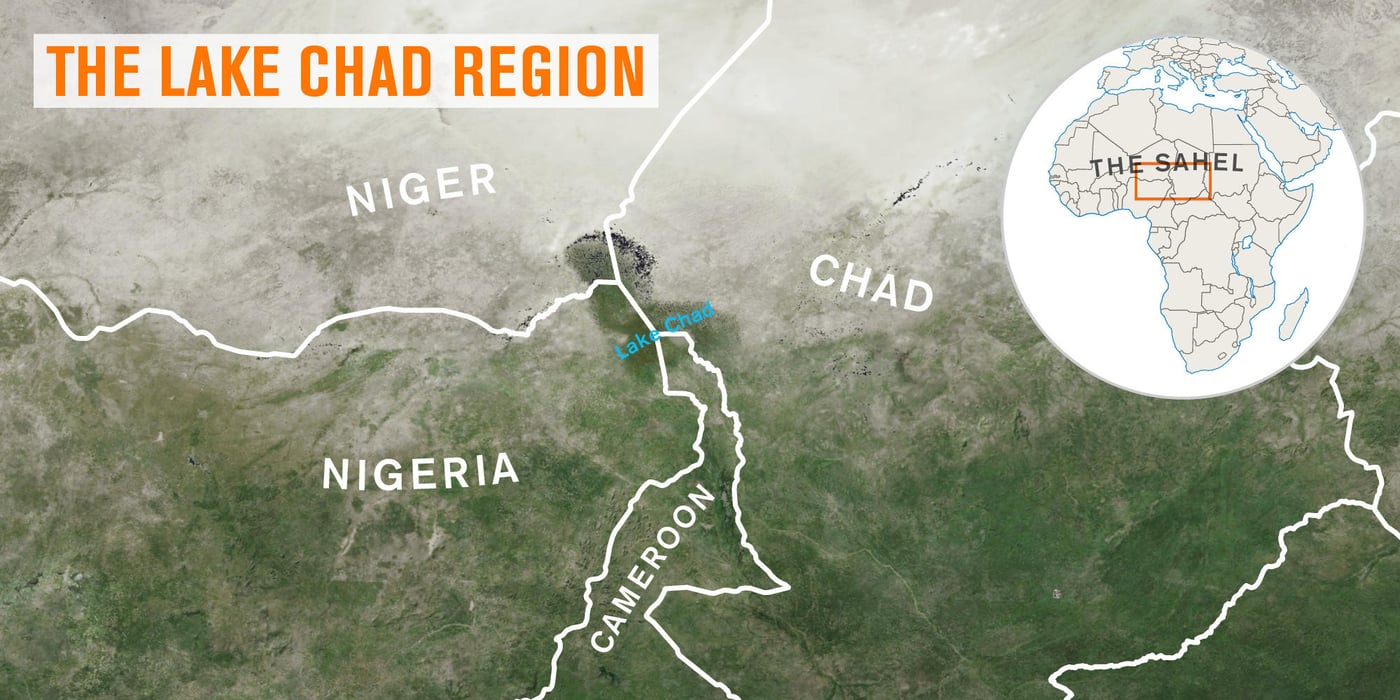
If you haven’t heard of Lake Chad, it’s likely you’ve heard about the armed group Boko Haram. In Nigeria and its neighbouring countries, the conflict between Boko Haram and Nigerian security forces has forced millions to flee their homes and caused massive civilian suffering.
Here is why the Lake Chad crisis should matter to you:
Millions need assistance
The conflict is brutal, and the civilian population are in need of both food and protection. Close to 11 million people depend on aid, while 2.4 million people have been forced to flee their homes.
In addition, there have been mass kidnappings of children, sexual violence, forced recruitment of children and other violations of human rights.
The violence and fighting have also destroyed food crops, economies and infrastructure. This has caused food insecurity for five million people, who do not have enough to eat. Emergency relief is vital to saving lives and avoiding famine in the region.
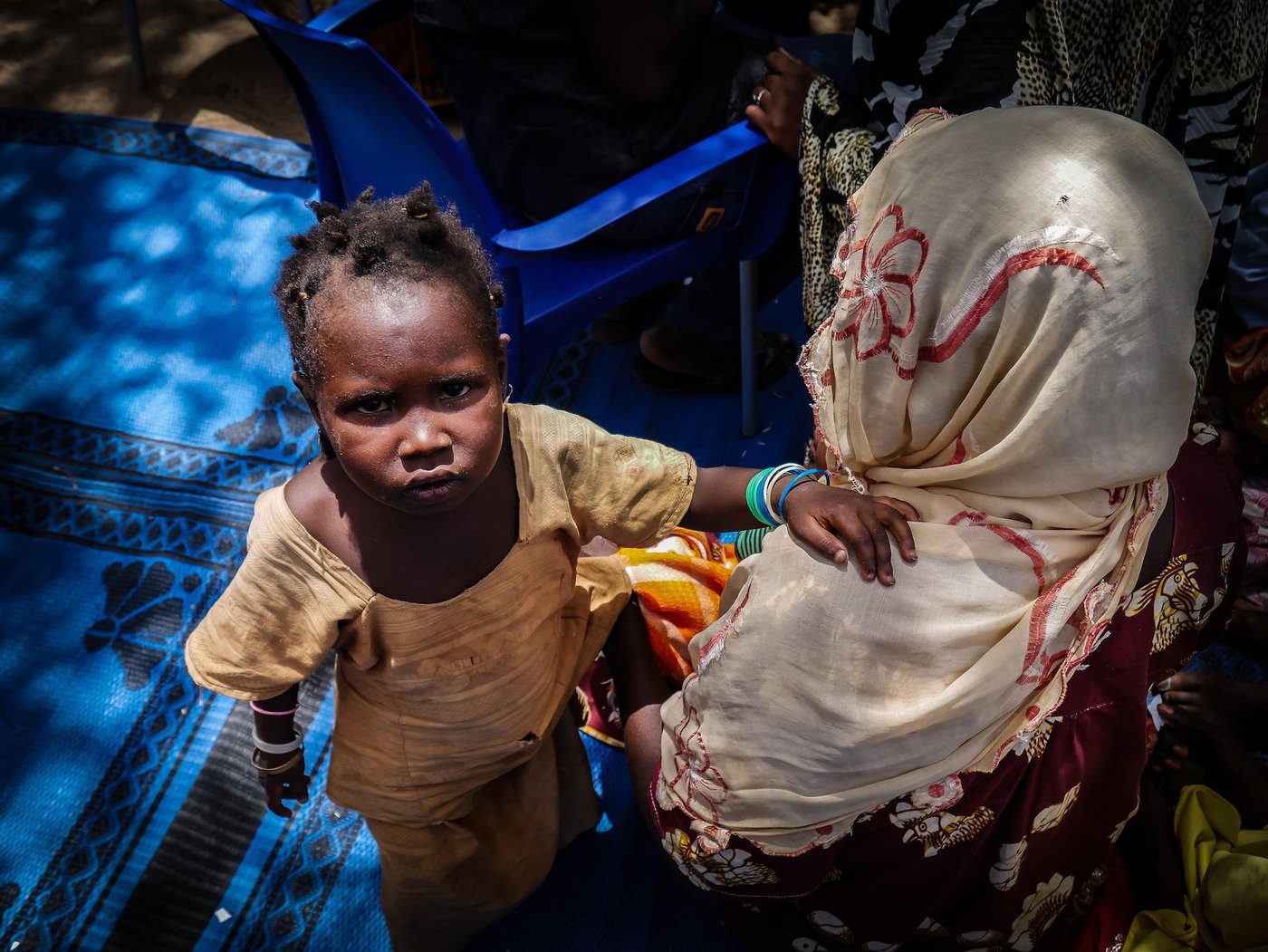
Aid work challenging and underfinanced
The efforts to assist people in need in the region has been underfinanced for years, and in 2016, the Lake Chad region, together with other countries in the Sahel, topped NRC’s list of neglected displacement crises. In the years after, aid organisations have been able to expand their efforts, but the need for aid is still enormous.
The UN estimates that USD 1.6 billion is required this year to help the 10.7 million people who need humanitarian assistance in the region. Yet, so far this year, only 26 per cent of the appeal for funding to Cameroon has been raised and the humanitarian appeal to support people affected by the crisis in Nigeria is less than half funded.
At the same time, the security situation makes it difficult to access anyone who needs help. In north-eastern Nigeria alone, 800,000 people are cut off from outside assistance.
Lake Chad is disappearing
Since the 1960s, 90 per cent of Lake Chad has disappeared. This is caused by lack of rain, but also the development of modern irrigation systems for industrial agriculture.
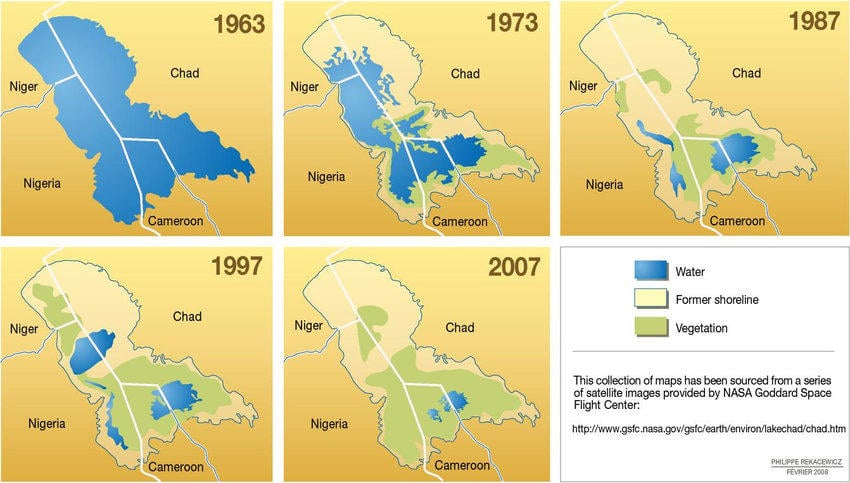
On top of the conflict with Boko Haram, the areas surrounding Lake Chad face a number of other challenges, such as extreme poverty, climate change, chronic food shortages, the emergence of several terrorist groups and organised crime.
The risk of a new, protracted and deadlocked conflict in Africa is great unless the root causes of the problems in the countries around Lake Chad are faced. However, lives must first be saved and the population protected from abuse.
On the third and fourth of September, politicians meet in Berlin for a conference on the Lake Chad crisis. NRC joins other aid organisations in calling for increased support for relief and protection of innocent children, women and men.


